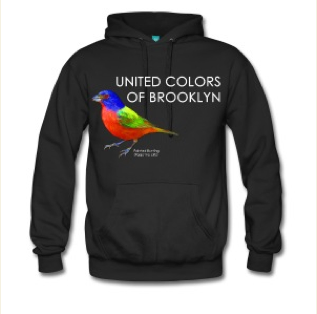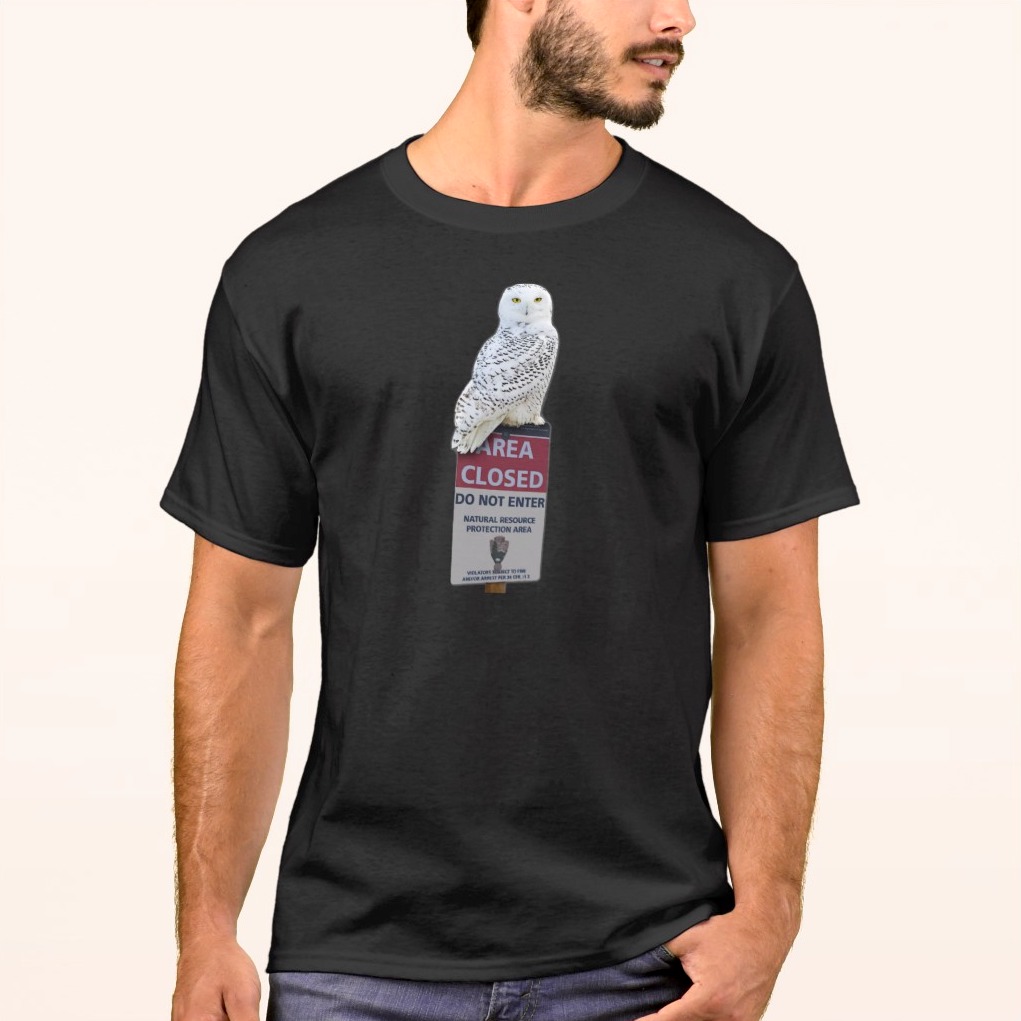Treehugger Tuesday
From Treehugger.com, A Discovery Company:
5 Creative Ways to Connect Our Kids (And Yourself) to Nature
April 23, 2012
This is a guest post from Richard Louv, author of The Nature Principle: Reconnecting to Life in a Virtual World and Last Child in the Woods: Saving Our Children from Nature-Deficit Disorder.
A recent study found that preschool children aren't getting enough time outdoors.
Almost 50 percent of 3-to 5-year-olds studied weren't taken outside everyday. There are many factors that contribute to these sad findings, but parents and educators can, and should, find ways to incorporate play time in a child's life.
Below are five simple steps to help connect your family to nature and community.
1. Just do it – and think simple.
If we want our children or grandchildren to experience nature, we’ll need to be more proactive than parents of past generations. For small children (or older ones, too), start in the back yard.
Encourage them to build forts, dig a hole, or plant a garden. A small pickup load of dirt costs the same as a video game, and provides more hours of creative, self-directed play. Some of the best toys are the simplest and least expensive. Did you know that the cardboard box and the stick have been inducted into the National Toy Hall of Fame?
2. Be a hummingbird parent (not a helicopter parent).
To reduce parental fear, Michele Whitaker, a guest blogger for The Grass Stain Guru, suggests that we become hummingbird parents: encouraging young children to play outside, but watch from a distance.
“I tend to stay physically distant to let them explore and problem solve, but zoom in at moments when safety is an issue (which isn’t very often),” She writes.
Notice that she isn’t hovering over her kids with nature flash cards. She stands back and makes space for independent nature play.
3. Create or join a family nature club.
Nature clubs for families are beginning to catch on across the country; some have membership lists of over 400 families.
The idea is that multiple families meet to go for a hike, garden together, or even do stream reclamation. We hear from family nature club leaders that when families get together, the kids tend to play more creatively — with other kids or independently — than during single-family outings.
C&NN’s Nature Clubs for Families offers a free downloadable guide on how to start your own.
4. Help create a Homegrown National Park.
Doug Tallamy, a professor at the University of Delaware, encourages children and adults to replant their yards with native species to create a vast network of wildlife corridors — ones that help make our cities into biodiversity engines, improving human health and well-being, and bring back butterfly and bird migration routes.
As I quoted him in The Nature Principle, Tallamy argues that it “is now in the power of individual gardeners to do something that we all dream of doing: to 'make a difference.' In this case, the 'difference' will be to the future of biodiversity, to the native plants and animals of North America and the ecosystems that sustain them.”
5. Submit your ideas to the CLIF Kid Backyard Game of the Year.
You can find nature nearby, right in your backyard.
The folks at CLIF Kid, maker of organic snacks for kids, have come up with a great way for parents to reconnect their kids with outdoor play and their own imaginations. Now in its second year, the CLIF Kid Backyard Game of the Year contest asks kids ages 6 – 12 to submit their ideas for their very own backyard game.
The rules are easy: Invent a game for two or more kids to play using basic items that can be found around the house or in nature. Six finalists will win educational scholarships, bikes and helmets and a trip to San Francisco for the Backyard Game Playoffs in July. The grand prize winner will be awarded a $10,000 scholarship. Submissions can be made online.
Louv is Chairman Emeritus of The Children and Nature Network and 2012 spokesperson for the CLIF Kid Backyard Game of the Year, helping build the movement to connect today’s children and future generations to the natural world, Louv coined the term Nature-Deficit Disorder to define this important issue. In 2008, he received the Audubon Medal.










No comments:
Post a Comment